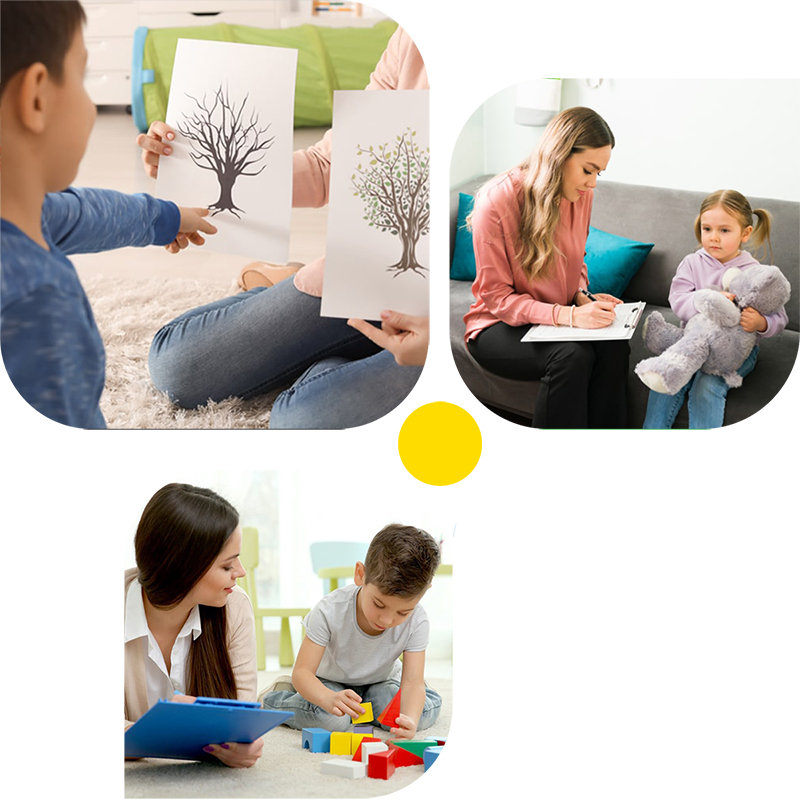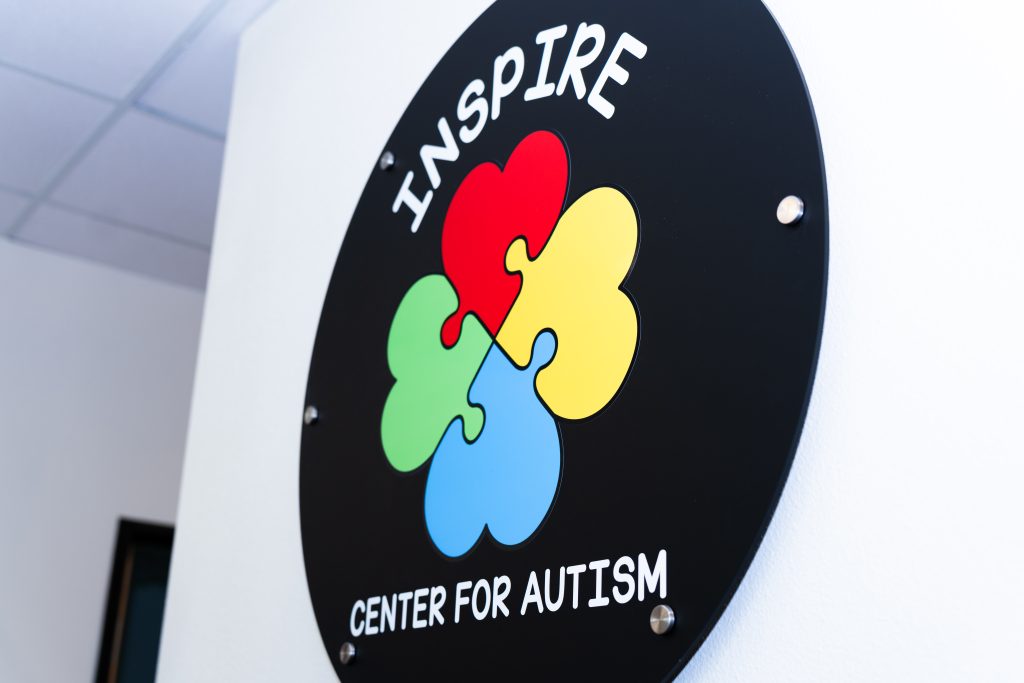What Is ABA?
Applied Behavior Analysis (ABA)
Applied Behavior Analysis (ABA) is an evidence-based best practice treatment that implements science-based therapy that can significantly improve learning, social, and communication skills through reinforcement strategies. A therapy session can include a variety of techniques based on specific needs. The therapy will involve a BCBA Therapist and Registered Behavioral Technicians to implement the child’s specific formal plan for treatment. With ABA therapy, there is no “one size fits all” approach, and every treatment plan is individualized to meet the client’s needs.
How Does ABA Therapy Work?
ABA aims to help children develop critical life skills through positive reinforcement and personalized treatment plans. ABA therapy has proven to be the most effective, research-backed treatment for children with autism spectrum disorder (ASD).

Start your child's journey towards success
Contact us today to schedule a consultation and learn more about our personalized ABA therapy programs.

At Inspire ABA, our certified ABA therapists design and implement targeted plans that help with:
Communication
Social and play skills
Self-regulation
Independence
Daily living tasks
We offer both in-home ABA therapy and in-center care depending on your child’s needs.
FAQs
What is Autism?
Autism Spectrum Disorder (ASD) is a developmental condition that affects how a child communicates, interacts socially, and processes information. Autism is a spectrum, meaning symptoms and abilities vary widely from one child to another.
Who can benefit from ABA therapy?
ABA therapy is most commonly used to support children with Autism Spectrum Disorder (ASD), but it can also benefit individuals with other developmental challenges. It is especially effective when started early and tailored to each individual’s needs.
What does a typical ABA therapy session look like?
A typical session includes 1:1 instruction with a trained ABA therapist, using play-based or structured tasks to work on goals such as communication, social interaction, behavior regulation, and daily living skills. Sessions may occur at home, in a clinic, or in community settings.
What age range do you serve?
We work with children ages 1-17 years of age.
How is autism diagnosed?
A formal autism diagnosis is typically made by a licensed pediatrician, psychologist, or developmental specialist. The evaluation may include:
-
Parent interviews
-
Developmental history
-
Observation of behavior
-
Standardized tools such as the ADOS-2 (Autism Diagnostic Observation Schedule)
What insurance do you accept?
We accept most major insurance plans, including Aetna, Cigna, United Healthcare, Blue Cross Blue Shield, and Medicaid options where applicable. Our team can help verify your benefits and guide you through the approval process.
